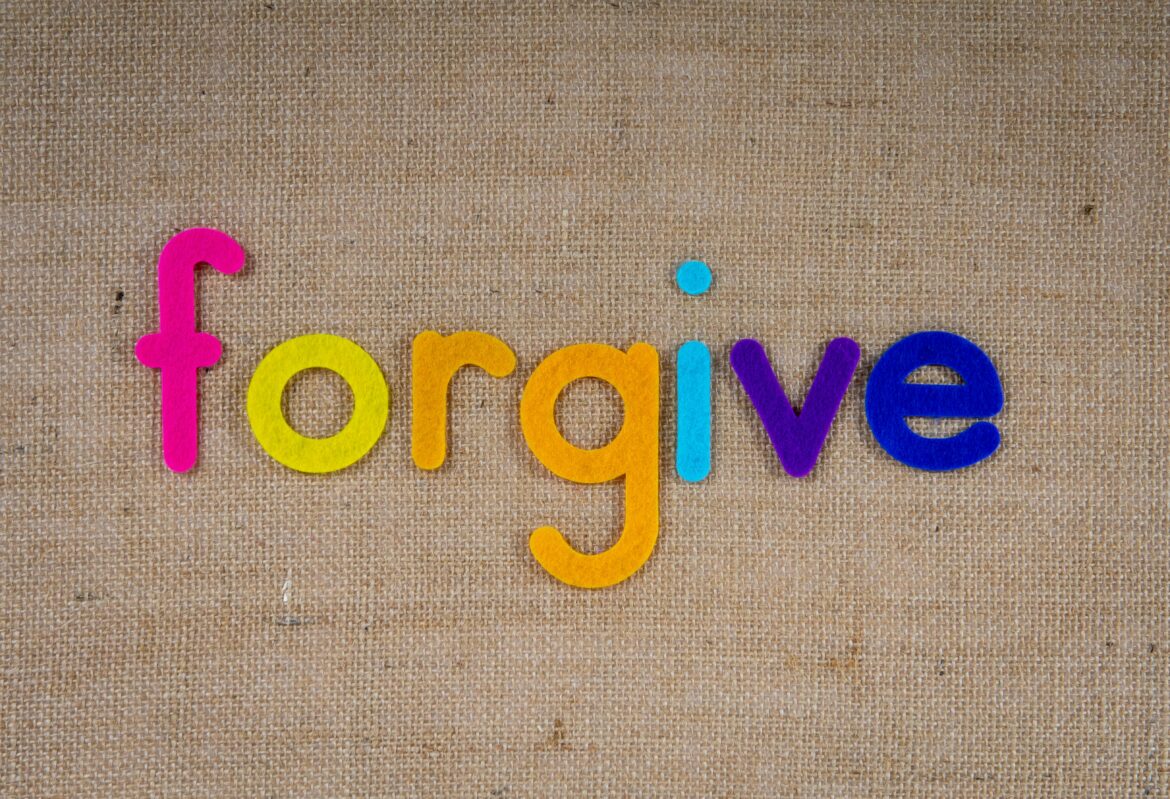Introduction
Forgiveness is one of the most transformative choices we can make—especially in our closest relationships. Whether you’re navigating conflict in marriage, family, or friendship, forgiveness invites us to release resentment and choose healing.
Forgiveness is a command and a gift. It aligns us with God’s love, brings spiritual peace, and strengthens emotional resilience. In this post, we’ll focus on how forgiveness in marriage and beyond can transform lives, relationships, and your walk with God.
Section 1: Forgiveness in Marriage – A Path to Deeper Love
Marriage is a sacred bond, but it’s also a daily journey of grace and growth. Even the most loving couples experience hurt—whether it’s from harsh words, unmet expectations, or deeper wounds.
Forgiveness in marriage is essential. It helps you release resentment and choose intimacy over isolation. When spouses forgive, they reflect the selfless love of Christ.
“Be kind and compassionate to one another, forgiving each other, just as in Christ God forgave you.” — Ephesians 4:32
Why it matters:
– Forgiveness fosters emotional safety and trust.
– It keeps small offenses from becoming deep divides.
– It brings spiritual healing and deepens intimacy.
Steps toward forgiveness as a spouse:
– Pray together and individually about the issue.
– Approach each other with humility and honesty.
– Remember that forgiveness is a gift, not a transaction.
– Choose to move forward with compassion and renewed commitment.
A Christian marriage rooted in forgiveness is resilient, tender, and a powerful testimony of God’s love.

Section 2: The Spiritual Foundation of Forgiveness
The Bible makes it clear: forgiveness is foundational to faith. Matthew 6:14-15 tells us, “If you forgive others… your heavenly Father will also forgive you.”
When we receive God’s mercy, we are called to pass it on. Spiritual forgiveness begins with understanding how deeply we’ve been forgiven—and letting that truth shape our relationships.
Section 3: Forgiveness as a Relationship Restorer
Forgiveness restores what resentment tries to destroy. In friendships, families, and marriages, choosing to forgive creates room for healing and connection.
It’s not about ignoring the pain—it’s about releasing the power that pain has over your heart. Studies show that forgiveness leads to better mental health, lower stress, and stronger relationships.

Section 4: Practicing Forgiveness in Daily Life
Forgiveness is a daily practice—not just a one-time act.
Ways to live it out:
– Pause before reacting in anger.
– Pray for those who hurt you.
– Verbally release the offense: “I forgive them.”
– Replace resentment with intentional kindness.
Over time, this spiritual discipline reshapes your heart and brings peace.
Section 5: Challenges of Forgiving Deep Wounds
Some hurts are harder to heal. Forgiving betrayal, abuse, or neglect takes courage and support.
Misconceptions like “forgive and forget” can make it harder. True Christlike forgiveness means acknowledging the pain and choosing peace—not pretending it didn’t happen.
God gives us strength to work through difficult emotions and move toward healing.

Section 6: Forgiveness and Personal Freedom
When you forgive, you aren’t just freeing the other person—you’re freeing yourself.
Letting go of bitterness opens the door to spiritual, emotional, and mental freedom. It clears the path for joy, self-love, and growth.
Forgiveness transforms you from the inside out.
Section 7: Forgiveness as a Ripple Effect
When one person chooses to forgive, it inspires others to do the same.
Families heal. Friendships are restored. Communities thrive. A lifestyle of forgiveness can shift the entire atmosphere around you.

Conclusion: Forgiveness as a Lifestyle of Love and Freedom
Forgiveness is more than a one-time decision—it’s a lifelong journey of becoming more like Christ. It is a reflection of God’s own heart, and when we practice it consistently, we experience spiritual peace, emotional healing, and deeper connection in our relationships.
In marriage, forgiveness becomes the glue that holds two imperfect people together. It creates space for second chances, softens the sting of conflict, and allows love to grow in the soil of grace. Every time you choose to forgive your spouse, you choose to protect your covenant and reflect the selfless, enduring love of God.
But the impact doesn’t stop there.
Forgiveness spills into every area of life: friendships, family, church communities—even our relationship with ourselves. Letting go of resentment is not just an act of obedience to God; it’s a gift you give to your own heart. It lightens your load, releases emotional toxins, and clears the path for joy, growth, and restoration.
If you’ve been holding on to pain, bitterness, or silent resentment, especially in your marriage, this is your invitation to release it. You don’t have to carry it anymore. You don’t have to pretend it didn’t hurt. Bring it to God. Let him walk with you through the healing.
Whether you’re forgiving your spouse, a friend, a parent, or yourself, remember this:
– You are not alone.
– You are deeply loved.
– And healing is possible.
💛 Grace starts with a single step.
📥 Ready to begin?
Download our free “Prayer for Forgiveness in Marriage” devotional and take your first step toward healing, intimacy, and emotional freedom rooted in faith. For more Christ-centered encouragement, explore our Love & Faith category for additional topics on marriage, grace, and spiritual growth.
Recommended Resources from Amazon
Here are some helpful books and tools that support your journey toward healing, faith, and stronger relationships. As an Amazon Associate, we may earn from qualifying purchases at no extra cost to you.
- The Five Love Languages by Gary Chapman –
- Boundaries in Marriage by Dr. Henry Cloud & Dr. John Townsend –
- Forgiving What You Can’t Forget by Lysa TerKeurst
- Prayer Journal for Women: 52-Week Scripture, Devotional & Guided Prayer Journal

